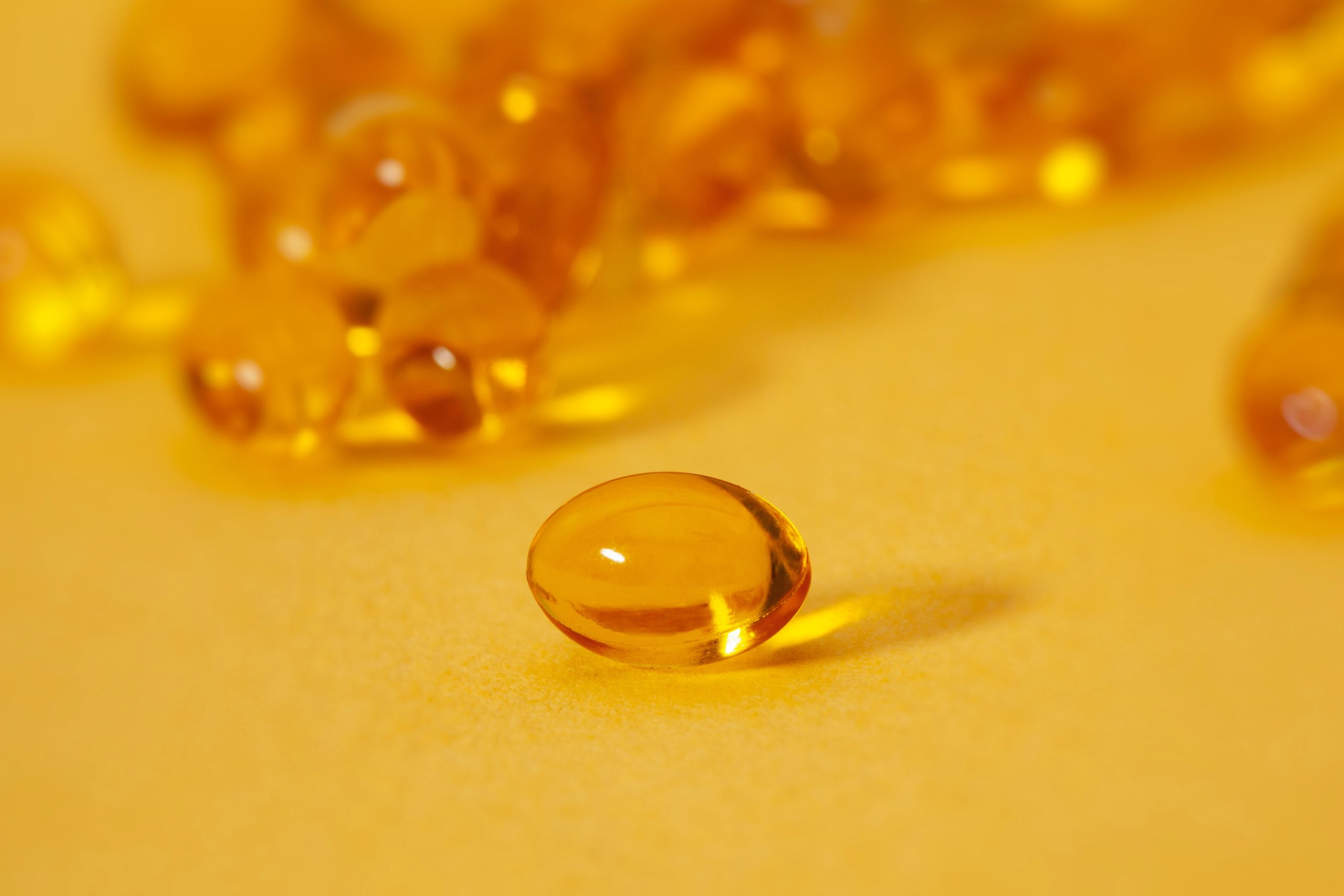By Jenny Austin-Krzemien, Certified Concierge Care Advisor
My grandmother dreaded the end of summer every year. Not that she preferred the heat over the cooler temps, but because in the fall and winter her disposition changed, and she got depressed. This is common for many adults and seniors, and it has a name: Seasonal Affective Disorder.
Seasonal Affective Disorder, or SAD, is a form of depression. According to the National Institute of Mental Health, SAD is more prevalent in women, and in people who live furthest from the equator.
When the days are longer and the sunlight turns to overcast skies, some people start displaying symptoms of depression. When those symptoms, including self-isolation, loss of energy, change in appetite, and general lack of interest in activities last longer than a week, it is a warning that something is going on.
Once we figured out what was going on with my grandma, we learned about Bright Light Therapy. It’s basically a light box that emits fluorescent lighting to simulate natural sunlight. The light helps relieve depression by balancing chemicals in the body. Vitamin D is also helpful and necessary when you live in an area like the PNW. Especially for seniors- vitamin D deficiency can lead to osteoporosis among other issues. One natural way to increase vitamin D levels are to eat foods rich in vitamin D such as beef liver, eggs, cheeses and fatty fish. There are also vitamin D supplements, but you should consult your doctor before taking anything to combat Seasonal Affective Disorder.

























